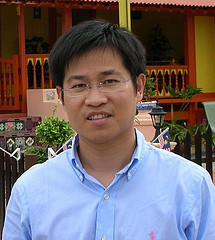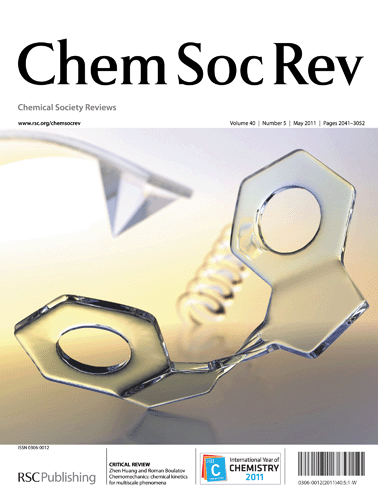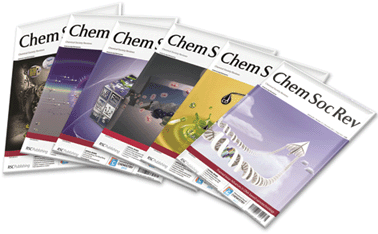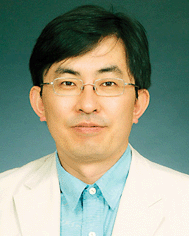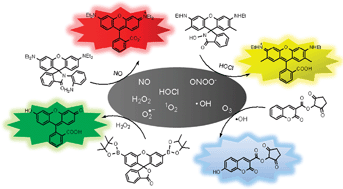EXTENDED DEADLINE FOR NOMINATIONS: 8th JANUARY 2012
Chem Soc Rev is pleased to invite nominations for the 2012 Emerging Investigator Award. This annual award is given to recognise an emerging scientist who has made a significant contribution to their research field.
Previous winners include:
 |
2011 – Cristina Nevado from the University of Zurich in Switzerland
2010 – Shu-Hong Yu from the University of Science and Technology of China, in Hefei
2009 – Matt Gaunt from the University of Cambridge in the UK
2008 – Kazuya Kikuchi from Osaka University in Japan |
 |
Qualifying details
To be eligible for the Chem Soc Rev Emerging Investigator Award, the candidate should have completed their PhD on or after 15th September 2003.
Award details
The recipient of the award will be asked to present a lecture at an international meeting. The Chem Soc Rev Editorial Office will provide the sum of £1000 to the recipient for travel and accommodation costs. The award recipient will be presented with a certificate and will also be asked to contribute a review to the journal.
Selection
The recipient of the award will be selected and endorsed by the Chem Soc Rev Editorial Board.
Nominations
Those wishing to make a nomination should send details of the nominee, including a brief C.V. together with a letter supporting the nomination, to the Chem Soc Rev Editorial Office by 8th January 2012. Please note that self nomination is not permissible.
Following the close of nominations, nominees will be contacted and asked to summarise their key achievements and identify up to their top 5 independent publications. They will also be asked to highlight the impact of their work and discuss how their research has evolved from their previous supervisor’s.


